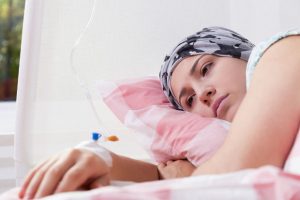
Cancer-related fatigue is distinct from regular tiredness is described as a feeling of total exhaustion even after adequate rest. Your limbs may feel heavier and you might find that you do not have the energy to do even the simplest of tasks. While this affects the patient’s overall quality of life, it can also worsen their prognosis by interfering with treatment regimens.
This study reviewed data from 11,000 adult cancer patients—80 percent of which were women—with an average population age of 54. Researchers reviewed the impact of four different approaches to treatment. The first was exercise alone and included activities like walking, swimming, and weight lifting. The second was a mental health approach that provided information to help patients better understand and cope with their condition. The third approach combined exercise and some psychological treatment, and the fourth reviewed the efficacy of prescription drugs and stimulant medications. All four treatment approaches yielded positive results and improved cancer-related fatigue, although exercise therapy alone was found to produce the best outcomes.
Psychological therapies also produced similarly positive results, as did the combination of exercise and mental health interventions, with the prescription drugs bringing up the rear. These findings allowed the researchers to conclude that exercise either alone or in combination with psychological therapy was more effective in treating cancer-related fatigue than prescription drugs.
The majority of the studies reviewed focused on patients who had been sedentary and were placed on low- or moderate-intensity workout schedules that included activities like yoga and resistance training, meaning that the level of exercise needed to see these benefits is easily achievable. The team recommends that patients and survivors who are not regular exercisers do what they can to avoid inactivity and start out slowly.
Related: 12 Ways to boost energy levels naturally